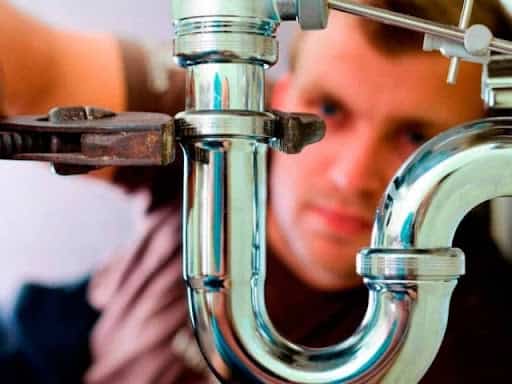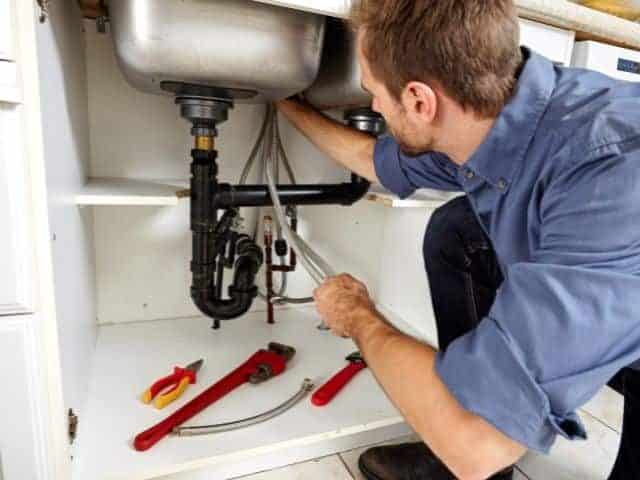How to Prevent Plumbing Problems

Plumbing problems can be a homeowner’s worst nightmare. From minor annoyances like dripping faucets to major issues like burst pipes, plumbing problems can cause significant damage, inconvenience, and expense. Fortunately, with some proactive measures and regular maintenance, many plumbing problems can be prevented. Here’s a comprehensive guide on how to keep your home’s plumbing in top shape.
1. Regular Inspections
The first step in preventing plumbing problems is to conduct regular inspections. At least once a year, take the time to thoroughly check all the plumbing fixtures and pipes in your home. Look for any signs of leaks, corrosion, or wear and tear. Pay special attention to areas where pipes are exposed, such as basements, crawl spaces, and under sinks. Early detection of potential issues can save you from costly repairs down the road.
2. Be Mindful of What Goes Down the Drain
One of the most common causes of plumbing problems is the improper disposal of waste. Avoid putting grease, coffee grounds, food scraps, and other non-degradable materials down your kitchen sink. In the bathroom, use a drain cover to catch hair and soap scum, which can accumulate and cause clogs. Educate all members of your household about what can and cannot be flushed down the toilet. Only human waste and toilet paper should be flushed; items like wet wipes, feminine hygiene products, and dental floss should be disposed of in the trash.
3. Install a Water Softener
If you live in an area with hard water, installing a water softener can be a wise investment. Hard water contains high levels of minerals like calcium and magnesium, which can build up inside pipes and fixtures, leading to clogs and reduced water flow. A water softener helps to remove these minerals, protecting your plumbing system and extending the lifespan of your appliances.
4. Maintain Your Water Heater
Your water heater is an essential component of your plumbing system. Regular maintenance can help prevent issues like sediment buildup, which can reduce efficiency and cause the unit to overheat. Flush your water heater annually to remove any sediment and check the pressure relief valve to ensure it’s functioning properly. If your water heater is more than 10 years old, consider replacing it with a newer, more energy-efficient model.
5. Insulate Your Pipes
In colder climates, frozen pipes are a major concern. When water inside the pipes freezes, it expands, which can cause the pipes to burst. To prevent this, insulate any exposed pipes, particularly those in unheated areas like attics, basements, and garages. During extremely cold weather, let your faucets drip slightly to keep water moving through the pipes and reduce the risk of freezing.
6. Know the Location of Your Shut-Off Valves
In the event of a plumbing emergency, such as a burst pipe or major leak, knowing the location of your shut-off valves can prevent extensive water damage. Make sure you know where the main water shut-off valve is located and how to operate it. Additionally, familiarize yourself with the shut-off valves for individual fixtures like sinks and toilets. This knowledge can be invaluable in a crisis.
7. Check for Hidden Leaks
Not all leaks are immediately visible. Hidden leaks can occur behind walls, under floors, or in other concealed areas. To detect hidden leaks, keep an eye on your water bill. An unexplained increase in water usage could indicate a leak. You can also check for hidden leaks by turning off all water-using appliances and fixtures, then monitoring your water meter. If the meter continues to run, you likely have a leak that needs to be addressed.
8. Invest in Regular Professional Maintenance
While there are many things you can do yourself to maintain your plumbing system, some tasks are best left to the professionals. Hiring a licensed plumber for an annual inspection and maintenance check can help identify potential issues before they become major problems. A professional plumber can also provide valuable advice on how to improve the efficiency and longevity of your plumbing system.

9. Replace Old Fixtures and Pipes
Over time, plumbing fixtures and pipes can deteriorate and become prone to leaks and other issues. If your home has old, outdated plumbing, consider replacing it with modern, more durable materials. For example, older homes often have galvanized steel pipes, which are prone to corrosion and rust. Replacing them with copper or PEX pipes can improve water flow and reduce the risk of leaks. Feel free to visit https://hi-techplumbingandair.com/plumbing/water-heater-repair/ to find more tips and ideas on how to prevent plumbing problems.
10. Install Preventive Devices
There are several devices available that can help prevent plumbing problems. For example, a pressure regulator can protect your pipes from damage caused by high water pressure. A sump pump can prevent basement flooding by removing excess water from your home. Installing a water alarm can alert you to leaks before they cause significant damage. Consider adding these preventive devices to your plumbing system for added protection.
11. Educate Your Household
Finally, educating everyone in your household about proper plumbing practices is crucial. Make sure everyone knows what can and cannot go down the drains and toilets. Teach children about the importance of not flushing toys or other objects. Ensure that everyone knows where the shut-off valves are located and how to use them in an emergency. By fostering a culture of awareness and responsibility, you can help prevent many common plumbing problems.
Conclusion
Preventing plumbing problems in your home requires a combination of regular maintenance, smart habits, and proactive measures. By conducting regular inspections, being mindful of what goes down the drain, installing preventive devices, and investing in professional maintenance, you can keep your plumbing system in top condition. Remember, a little effort and attention can go a long way in preventing costly and inconvenient plumbing issues.




